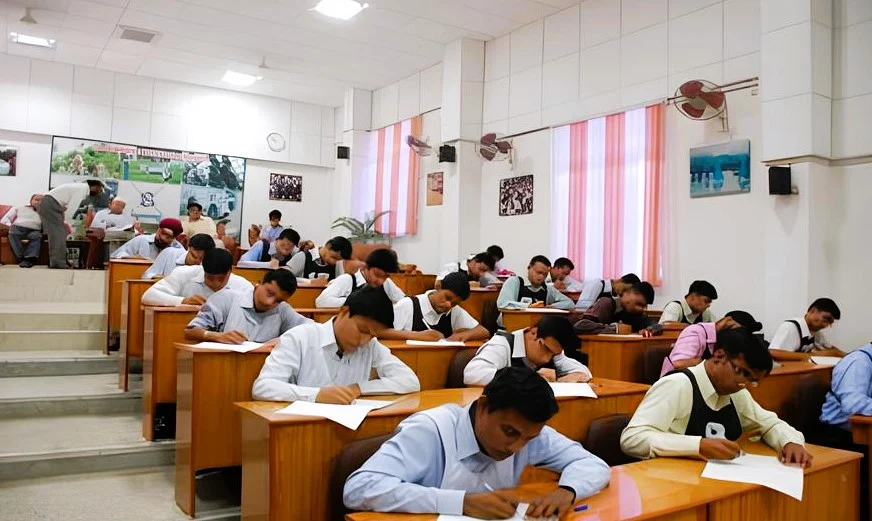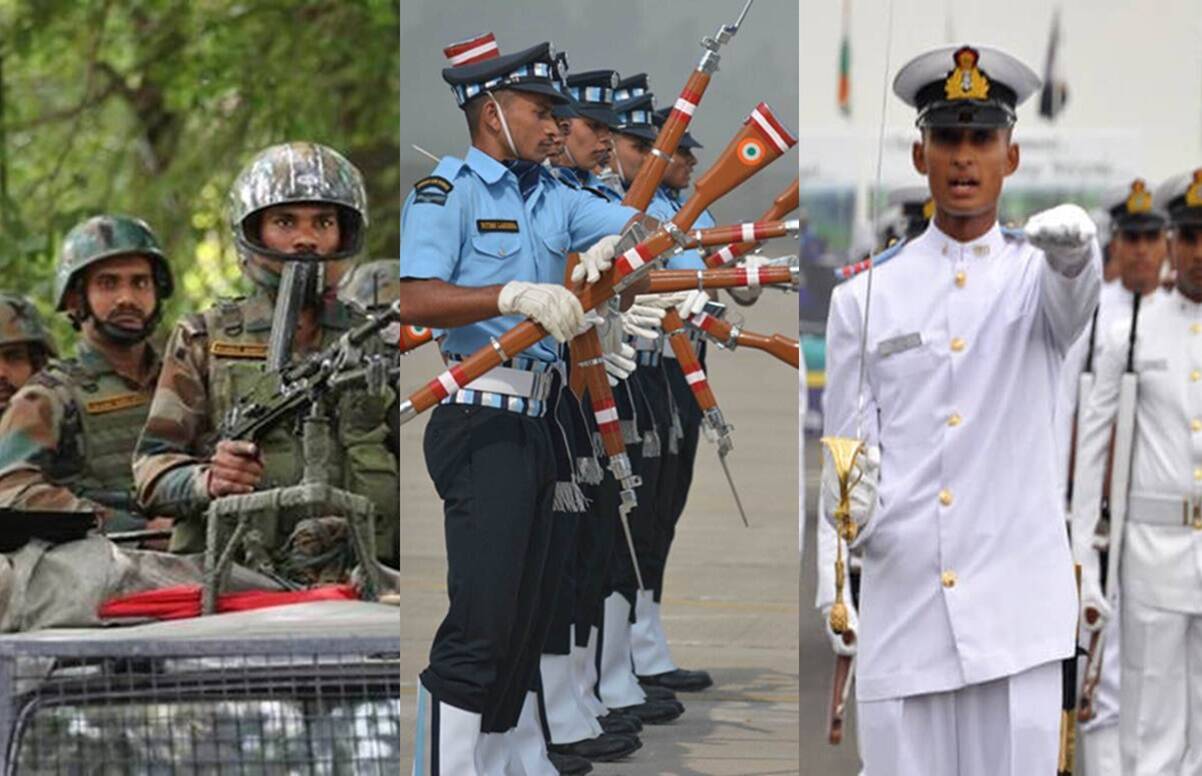SSB Interview: SRT (Situation Reaction Test)
The Situation Reaction Test (SRT) is an essential part of the SSB (Services Selection Board) Interview, aimed at assessing a candidate's ability to think quickly, remain calm under pressure, and handle real-life scenarios effectively. This psychological test plays a vital role in evaluating qualities like decision-making, leadership, and emotional stability, which are crucial for a career in the armed forces.
Our website offers 1000+ SRT situations and responses, carefully categorized into various themes to help you prepare thoroughly. This article explains what SRT is, its format, and tips to excel, while also highlighting how our resources can enhance your preparation.
What is the Situation Reaction Test (SRT)?
The SRT is a written test conducted during the second day of the SSB interview. Candidates are provided with a booklet containing 60 real-life situations, and they must respond to these scenarios within 30 minutes. The objective is to assess how you react in challenging or unexpected situations, with a focus on your practical thinking and problem-solving skills.
The test covers a wide range of scenarios, such as emergencies, social responsibilities, or professional challenges. Your responses should reflect your logical thinking, leadership ability, and emotional control.
Objectives of the SRT
The SRT is designed to evaluate the following qualities:
- Quick Decision-Making: Your ability to make sound decisions under pressure.
- Logical Thinking: How well you assess situations and offer practical solutions.
- Emotional Stability: Your capacity to stay composed in stressful situations.
- Leadership Skills: How effectively you take responsibility and guide others.
- Time Management: How efficiently you respond to multiple situations within the time limit.
Format of the SRT
- Number of Situations: 60
- Time Limit: 30 minutes
- Response Style: Short, written responses
Each situation requires a quick and concise reaction. For example:
- "You are late for an important meeting, and your car breaks down. What will you do?"
- "You see someone drowning in a river. What will you do?"
Advantages of Using Our Website for SRT Preparation
Our website offers 1000+ SRT situations and responses, organized into various categories such as:
- Emergency Situations: Learn how to respond to accidents, natural disasters, or medical emergencies.
- Leadership Scenarios: Practice situations where you need to guide or motivate a group.
- Social Challenges: Understand how to handle interpersonal conflicts or community issues.
- Time-Sensitive Problems: Improve your ability to make quick and effective decisions under pressure.
By exploring our categorized SRT responses, you can:
- Gain exposure to a wide variety of scenarios.
- Learn practical and realistic responses.
- Identify patterns in how to approach different types of problems.
- Build confidence in tackling similar situations during the SSB interview.
Tips to Excel in the SRT
- Be Realistic and Practical
- Your responses should be achievable and logical. Avoid overly idealistic or dramatic solutions.
- Demonstrate Leadership
- Show responsibility and initiative in your answers. For group scenarios, focus on guiding and coordinating effectively.
- Keep Answers Short and Clear
- Write concise responses that directly address the situation. Avoid unnecessary details or explanations.
- Reflect Positivity and Confidence
- Your answers should convey a positive mindset and a problem-solving attitude.
- Practice with Sample Scenarios
- Regular practice helps improve your speed, clarity, and decision-making. Use the categorized SRTs on our website to simulate real test conditions.
- Stay Calm and Think Quickly
- Time is limited, so focus on responding promptly without overthinking.
Sample SRT Questions and Responses
Here are a few examples of SRT scenarios and ideal responses:
- Question: You are stuck in a traffic jam while on your way to an exam. What will you do?
Answer: Look for an alternate route or park the vehicle and take public transport. - Question: A fire breaks out in your building. What will you do?
Answer: Alert others, call the fire department, and assist in evacuating people safely. - Question: Your friend feels demotivated after failing an exam. What will you do?
Answer: Encourage them to focus on future attempts and offer to help with preparation.
Common Mistakes to Avoid in the SRT
- Unrealistic Answers: Avoid responses that seem impractical or overly heroic.
- Incomplete Situations: Don’t leave any questions unanswered. Even a simple, logical response is better than none.
- Panic Under Time Pressure: Stay composed and prioritize completing all 60 situations.
- Overthinking Scenarios: Trust your instincts and provide direct answers.
How Our Website Helps You Prepare
- Wide Variety of Scenarios: Our collection of 1000+ SRT situations ensures you are prepared for any type of question.
- Expert-Crafted Responses: Learn from model answers written by experienced professionals.
- Categorized Content: Focus on specific themes or challenges to strengthen your weak areas.
- Practice Tests: Simulate real SRT conditions to improve speed and accuracy.
Conclusion
The Situation Reaction Test (SRT) is a vital part of the SSB interview process, designed to evaluate your decision-making, leadership, and problem-solving abilities. With limited time and a variety of scenarios, preparation is key to performing well.
Our website’s comprehensive library of 1000+ SRT situations and responses, categorized into distinct themes, provides a valuable resource for candidates aiming to ace the SRT. By practicing regularly and using our expertly crafted material, you can develop the confidence and skills needed to succeed in the SSB interview and move closer to your dream of joining the armed forces.

